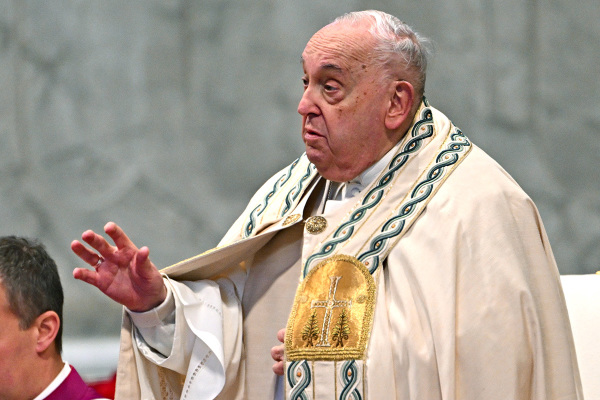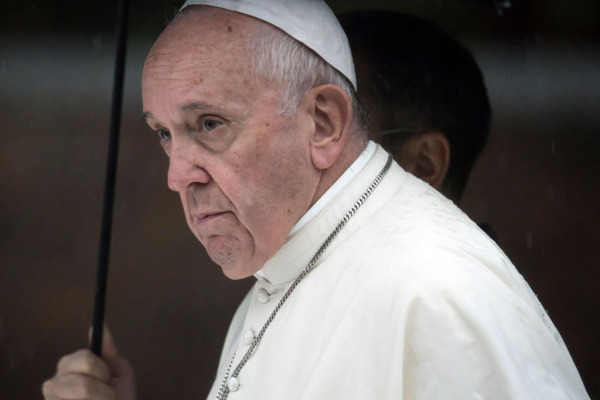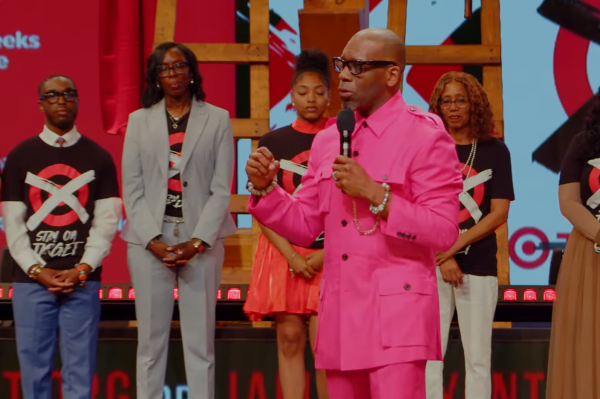Judge Rules Prayers at Vt. Town Meetings Unconstitutional
A judge has ruled against the practice of a Vermont town opening its meetings with prayers, declaring them to be in violation of state constitution.
Franklin County Superior Court Judge Martin Maley ruled last week against the town of Franklin in favor of Marilyn Hackett, who had sued to block the prayers at the town meetings.
Maley specifically concluded that the town meeting prayers violated Article 3 of the Vermont Constitution, which states in part "that no person ought to, or of right can be compelled to attend any religious worship…"
"Having found a violation of Article 3 of the Vermont Constitution, the Court concludes that an injunction is appropriate," wrote Maley in Hackett v. Town of Franklin.
"The hardship of the Town is small – it can no longer include a prayer at town meeting – while the hardship on Plaintiff if the Court fails to grant the injunction is great – continued violation of her constitutional rights."
In March 2011, Hackett filed suit against the town of Franklin and its moderator Timothy Magnant for allegedly violating the Vermont Constitution by having prayers given at town meetings. The American Civil Liberties Union of Vermont represented Hackett.
In the case, the town argued that since attendance at town meetings and participation in the spoken prayers were both voluntary, the prayer practice was not in violation of Article 3.
However, Judge Maley wrote that Article 3 of the Vermont Constitution applied to being compelled to hear prayers being given at town meetings and that simply not attending said meetings would be politically disenfranchising.
A few weeks earlier, the Second Circuit Court of Appeals ruled that Greece, New York's practice of opening town meetings with prayers violated the separation of church and state. The basis for this decision was that over the past 11 years nearly all the prayers at the meetings had been explicitly Christian in tone.
"The U.S. Supreme Court already upheld the practice of prayers before deliberative bodies," said Joel Oster, legal counsel for the Alliance Defense Fund, who represented Greece, in an earlier interview with The Christian Post.
"This opinion by the Second Circuit effectively undermines the Supreme Court's opinion and places several roadblocks and obstacles for a town to permit legislative prayers."
In addition to the prayer practice of Franklin town meetings being halted, a hearing will be held by the Court to determine how much the plaintiff will receive in "money damages."
The leadership of Franklin, Vt. declined comment on the matter.






















